No science is immune to the infection of politics and the corruption of power
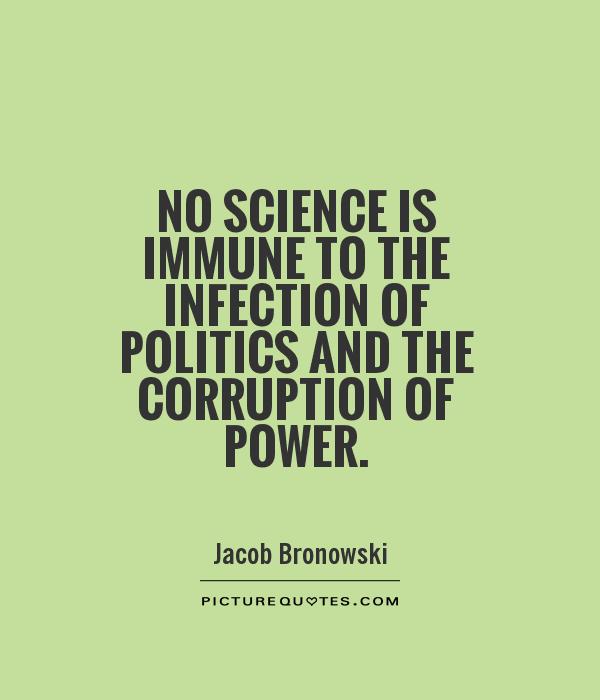
No science is immune to the infection of politics and the corruption of power
Jacob Bronowski, a renowned mathematician, biologist, and science historian, once famously said, “No science is immune to the infection of politics and the corruption of power.” This statement holds true even today, as we see numerous examples of how politics and power can influence scientific research and findings.One of the most glaring examples of politics influencing science is the issue of climate change. Despite overwhelming scientific consensus that human activities are contributing to global warming, there are still politicians and powerful interest groups who deny the reality of climate change. These deniers often use their political influence and financial power to spread misinformation and sow doubt about the scientific evidence, leading to a lack of action on this critical issue.
Another example of politics corrupting science is the case of tobacco companies funding research to downplay the health risks of smoking. For decades, these companies used their power and influence to manipulate scientific studies and deceive the public about the dangers of smoking, all in the name of protecting their profits. This is a clear example of how politics and power can distort scientific research for personal gain.
Even in the field of medicine, politics can play a role in shaping scientific research and practice. For example, pharmaceutical companies often have a significant influence on medical research and drug development, leading to potential conflicts of interest and biased results. Additionally, government policies and regulations can impact the funding and direction of medical research, sometimes prioritizing certain areas over others based on political considerations rather than scientific merit.




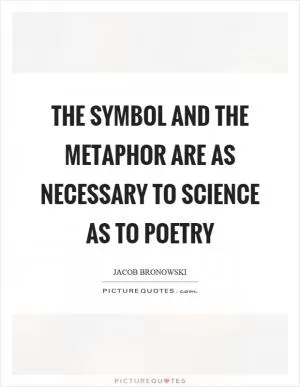
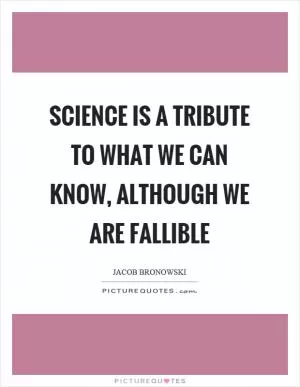

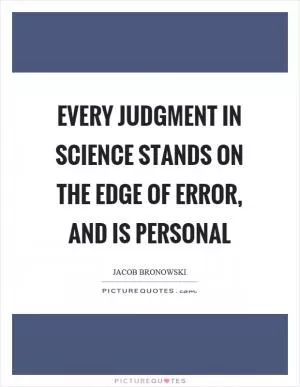
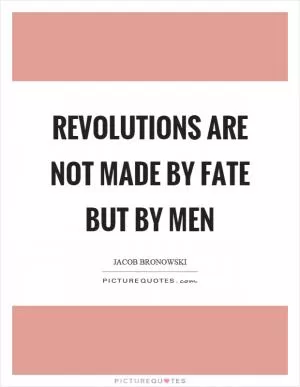



 Friendship Quotes
Friendship Quotes Love Quotes
Love Quotes Life Quotes
Life Quotes Funny Quotes
Funny Quotes Motivational Quotes
Motivational Quotes Inspirational Quotes
Inspirational Quotes